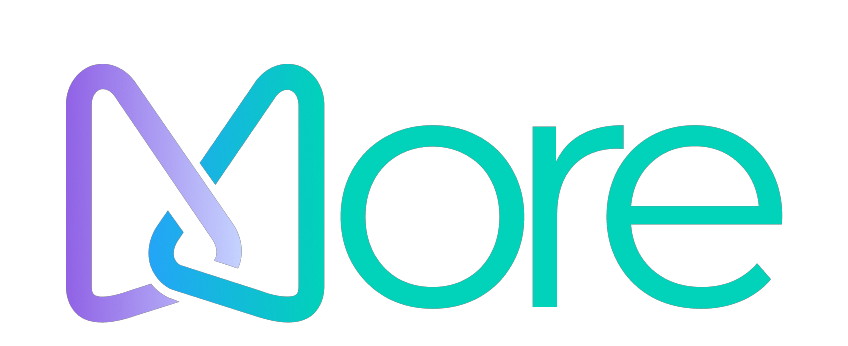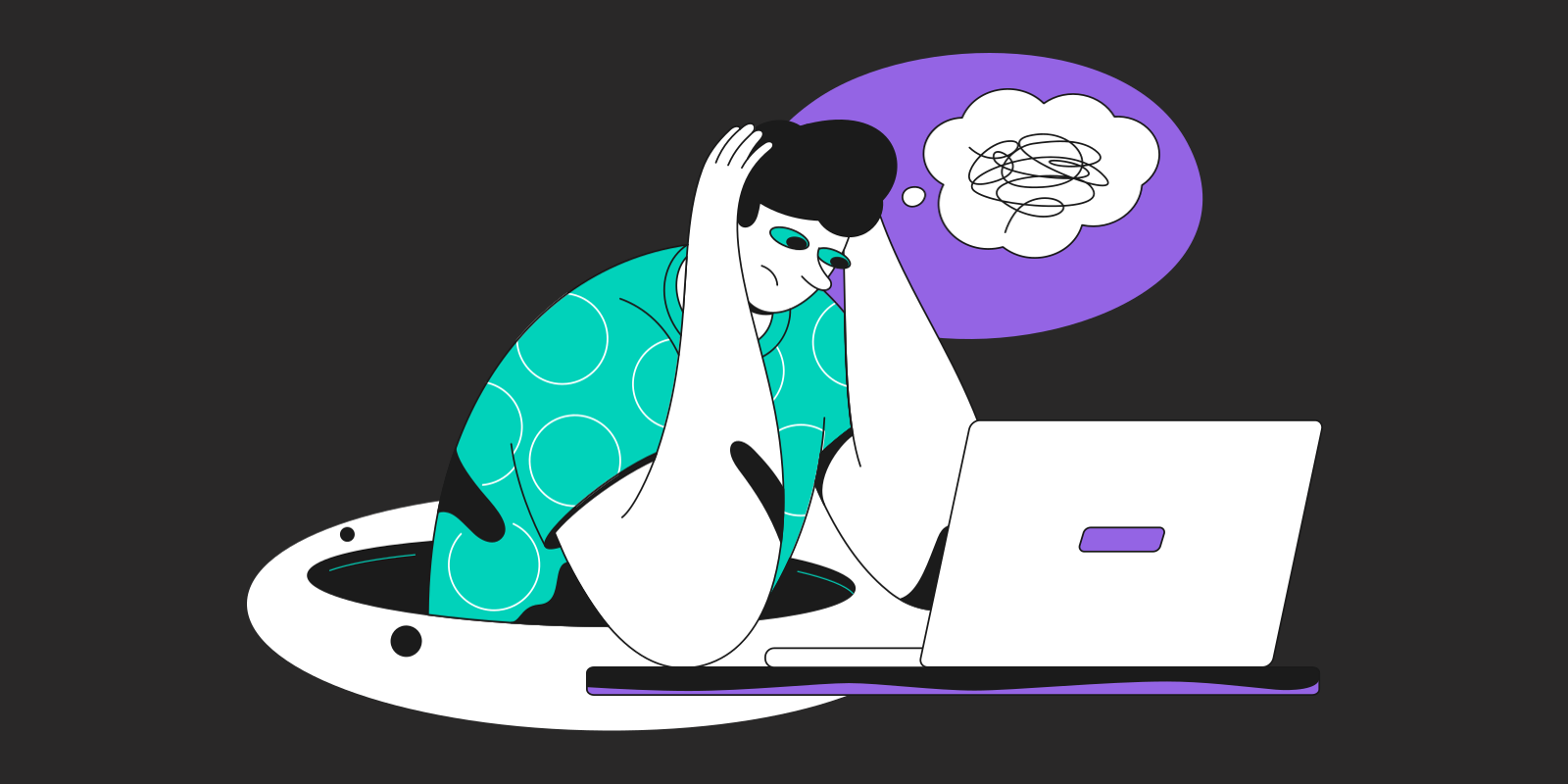Introduction
The importance of mental health in the workplace has never been more pronounced. As businesses in 2024 seek to enhance employee well-being, innovative strategies, including the use of gamification apps for engagement, are becoming increasingly significant. Given that research indicates that one in five adults experiences mental health issues each year, with stress and anxiety being leading contributors in the workplace, companies are now more committed than ever to fostering supportive environments.
Comprehensive Wellness Programs
Organizations should implement holistic wellness programs that address both physical and mental health. These programs can include access to therapy, mental health days, and resources for physical activities. Recent studies show that comprehensive wellness programs can lead to a reduction in healthcare costs, a decrease in absenteeism, and a significant improvement in employee morale and productivity. For instance, a report from the American Psychological Association highlighted that workplace wellness initiatives can increase job satisfaction by up to 89%.
Regular Mental Health Training
Training sessions for employees on recognizing and managing stress, depression, and anxiety are crucial. These sessions should also educate managers on how to support team members facing mental health challenges. According to the Mind Share Partners’ 2023 Mental Health at Work Report, companies that offered training on mental health not only saw improved employee well-being but also enhanced team communication and a stronger organizational culture of inclusivity and support.
Use of Gamification for Engagement
Gamification apps can play a pivotal role in promoting mental health by making the process of learning about mental wellness interactive and rewarding. Such apps can include challenges and rewards for maintaining regular mindfulness sessions, participating in physical activities, or completing mental health workshops. Research from the gamification sector suggests that using these techniques can increase employee participation in wellness programs by up to 60%. For example, apps like Headspace have incorporated gamified elements successfully to engage users in regular mindfulness practices.
Creating a Supportive Culture
A culture that promotes openness and support can significantly impact mental health positively. Encouraging open conversations about mental health and ensuring no stigma is attached to discussing it are critical steps. Organizations like Bell Let’s Talk have demonstrated that initiatives focused on reducing stigma and promoting open dialogue can lead to a 20% increase in employee reporting of mental health issues, facilitating early intervention and support.
Conclusion
Promoting mental health in the workplace requires a multifaceted approach. By incorporating comprehensive programs, regular training, a supportive culture, and innovative tools like gamification apps, companies can significantly enhance employee well-being. The strategies outlined above, backed by recent research, provide a robust framework for businesses aiming to improve mental health at work in 2024. By doing so, they not only enhance individual employee health but also drive overall organizational performance, making it a critical agenda for future-oriented businesses.


